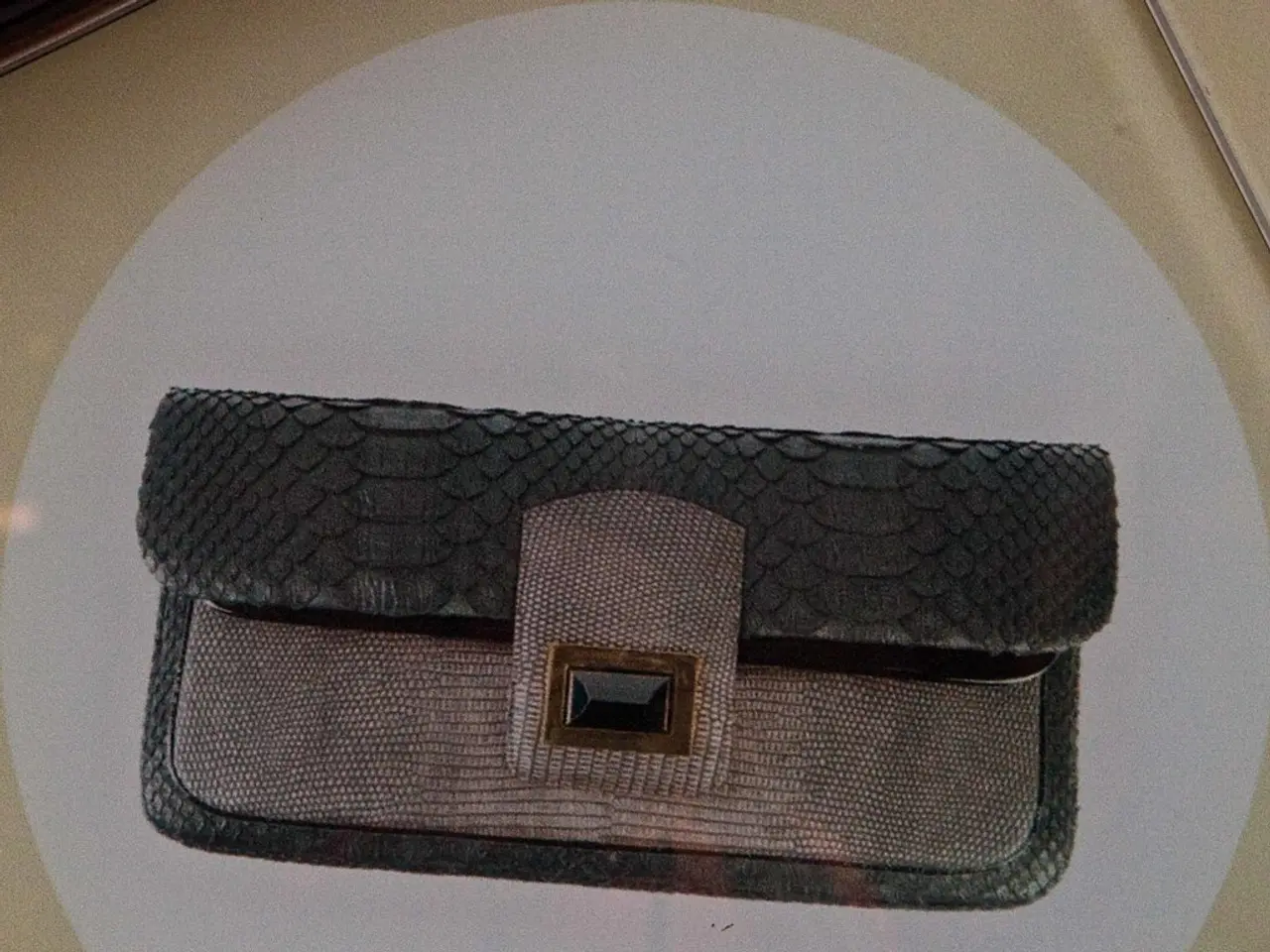Women's Livelihood Bond, a venture by IIX, raises a $60 million installment in its seventh issuance
The Women's Livelihood Bond 7 (WLB7) has been launched, marking a significant step towards empowering women-led enterprises and disadvantaged communities in India, Indonesia, the Philippines, and Sri Lanka.
This bond aims to provide financial support to high-impact enterprises owned or operated by women in sectors such as financial inclusion, water and sanitation, agriculture, and clean energy. The goal is to improve the lives of over 773,000 underserved women by enabling them to build financial resilience, pursue sustainable livelihoods, and enhance their quality of life.
The bond is a blended finance instrument, certified under the Orange Bond Principles, and aligns with multiple UN Sustainable Development Goals, including gender equality and climate action.
Key institutions and organizations involved in the funding and support of WLB7 include the International Finance Corporation (IFC), Impact Investment Exchange (IIX), public institutions such as the Swedish International Development Cooperation Agency (Sida), Australian Department of Foreign Affairs and Trade (DFAT), Canadian government, and private financial institutions like ANZ Bank, Standard Chartered Bank, APG (representing Dutch pension fund ABP), iGravity, Impax, and Nuveen. Foundations like the Ford Foundation, Minderoo Foundation, and Paul Ramsay Foundation have also lent their support.
In Indonesia, additional support has been secured from the Ministry of National Development Planning (Bappenas), Directorate of Government Debt Securities - Ministry of Finance (Indonesia), and other stakeholders involved in building an Orange Bonds ecosystem for sustainable financing.
The bond structure consists of a senior tranche of approximately $52.8 million and a subordinated tranche of $7.2 million, supported by a 40% guarantee from Sida. The design of the bond is as a blended finance model to de-risk investments and attract capital to women-led small and medium enterprises (MSMEs) and community enterprises.
The significant investor interest in WLB7 showcases it as a sterling example of blended finance in action. The bond is expected to be listed on the Singapore Exchange, and it has already received positive comments from Sarah Ng, ANZ's director of debt capital markets, who noted the oversubscription of WLB7 as a testament to the resilience of the sustainable finance market.
IIX, the bond issuer and coordinating organization, has positively impacted over 160 million lives through its various initiatives. The organization, founded by Shahnaz, a Bangladeshi-born US investment banker, in 2009, has mobilized almost $500 million in private-sector capital. The bond is also certified by Sustainable Fitch as complying with the Orange Bond Principles.
In a separate development, Cibus Capital co-led a $40 million robot mushroom investment, while FMO led a €130 million syndicated loan for Turkey's QNB Leasing, both unrelated to the WLB series.
WLB7 is poised to make a substantial contribution to the empowerment of marginalized women and advancing inclusive economic development in key emerging markets.
- The Women's Livelihood Bond 7 (WLB7) is a significant step towards sustainable finance, as it aims to provide financial support to women-led enterprises in sectors like financial inclusion, agriculture, and clean energy.
- This bond, certified under the Orange Bond Principles, aligns with multiple UN Sustainable Development Goals, specifically focusing on gender equality and climate action.
- Key institutions and organizations involved in the funding and support of WLB7 include public institutions like Sida, private financial institutions like ANZ Bank, and foundations like the Ford Foundation.
- In addition to WLB7, the robot mushroom investment by Cibus Capital and the syndicated loan for Turkey's QNB Leasing demonstrate ongoing commitments to health-and-wellness and business development, respectively.
- The success of WLB7 highlights the importance of blended finance in supporting the energy transition and financial inclusion, particularly for women-led small and medium enterprises (MSMEs).




